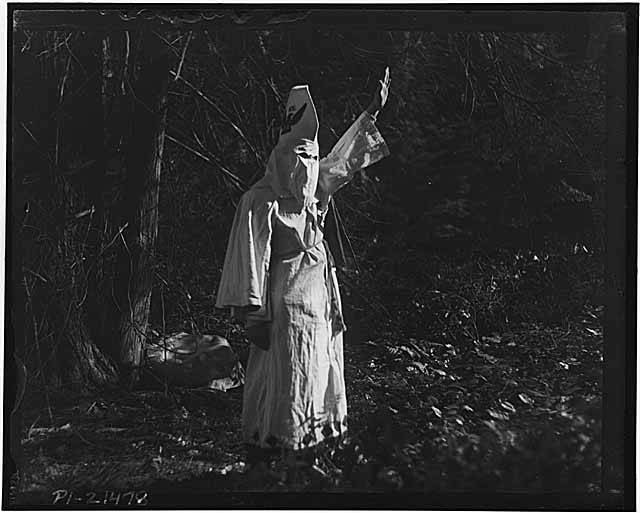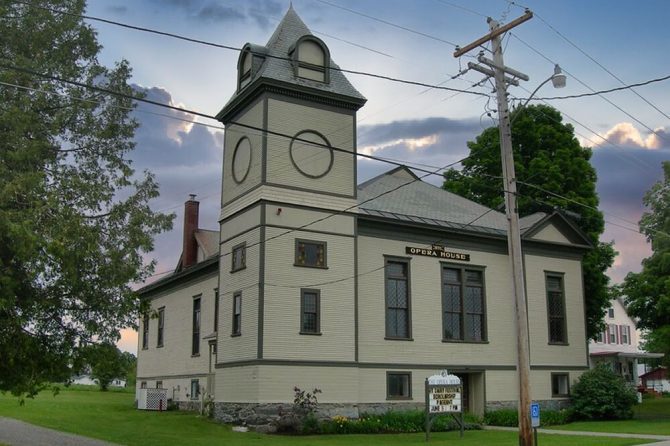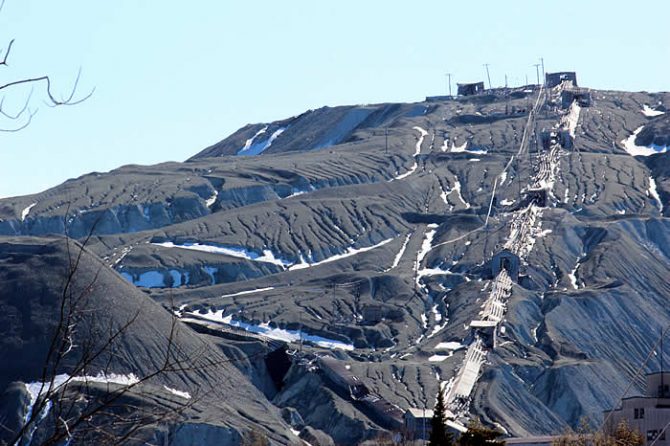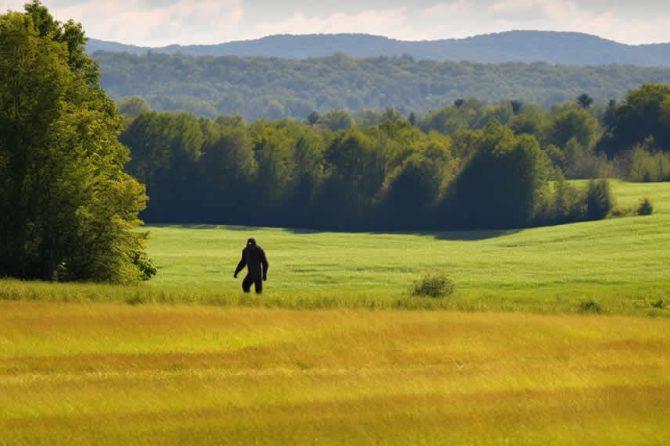Yes, at one time the Ku Klux Klan met in Vermont
The Ku Klux Klan (KKK) emerged as a racist terrorist group in the Southern United States after the Civil War, focused on intimidating Black people and opposing efforts to grant rights to formerly enslaved individuals. The KKK initially flourished in the late 1860s before federal actions helped suppress it in the early 1870s.
Gained a Foothold in Vermont in the mid-1920's
The Klan revived around 1915 with a new wave based in Atlanta, fueled by nativism, white supremacy, anti-immigrant and anti-Catholic sentiment. This revived KKK spread beyond the South into other regions like the Midwest and West.
While not as strong as in some other states, the KKK managed to gain a foothold in Vermont in the mid-1920s, with membership estimates ranging from 2,000 to 10,000. Klan chapters formed in communities like Springfield, Barre, Montpelier, St. Johnsbury and Burlington. They held public cross-burning rallies, targeted Catholics and made accusations of immorality against minorities and others.
However, the KKK also faced pushback in Vermont, with some towns passing anti-mask laws, newspapers denouncing the group, and citizens organizing boycotts and resistance efforts against local Klansmen. Financial irregularities and the Klan's association with violence contributed to its decline in Vermont by the late 1920s, mirroring its national downswing in this era.
Cross Burnings in St Johnsbury
In St. Johnsbury, the minister of the Congregational Church delivered a sermon on “The Psychology of the Ku Klux Klan” where he reasoned that the cross-burnings and bonfire rallies must have some justification or else they would not have caught on so rapidly. Soon, there were enough members there to get a legal charter and stage a public meeting in a field outside of town where over two thousand klansmen gathered, most in full regalia, many with faces covered.
Similar gatherings took place in Windsor, Springfield and elsewhere. By the mid-twenties, more than 14,000 Vermonters in Chittenden, Washington, Orange and Caledonia counties had paid the $10 initiation fee, making the klan a force to be reckoned with politically. Calvin Coolidge, running for president, stated that he was not a member of the KKK, but “Silent Cal” was true to form in refusing to condemn the klan by name.
And while several towns including Burlington passed local ordinances that forbid wearing masks in public for the purpose of reigning in the klan’s activities, a similar statewide statute was killed in the senate in Montpelier.
Photo courtesy of Wikimedia Commons
Thank you for reading this post, don't forget to subscribe to our email list for the latest news!





